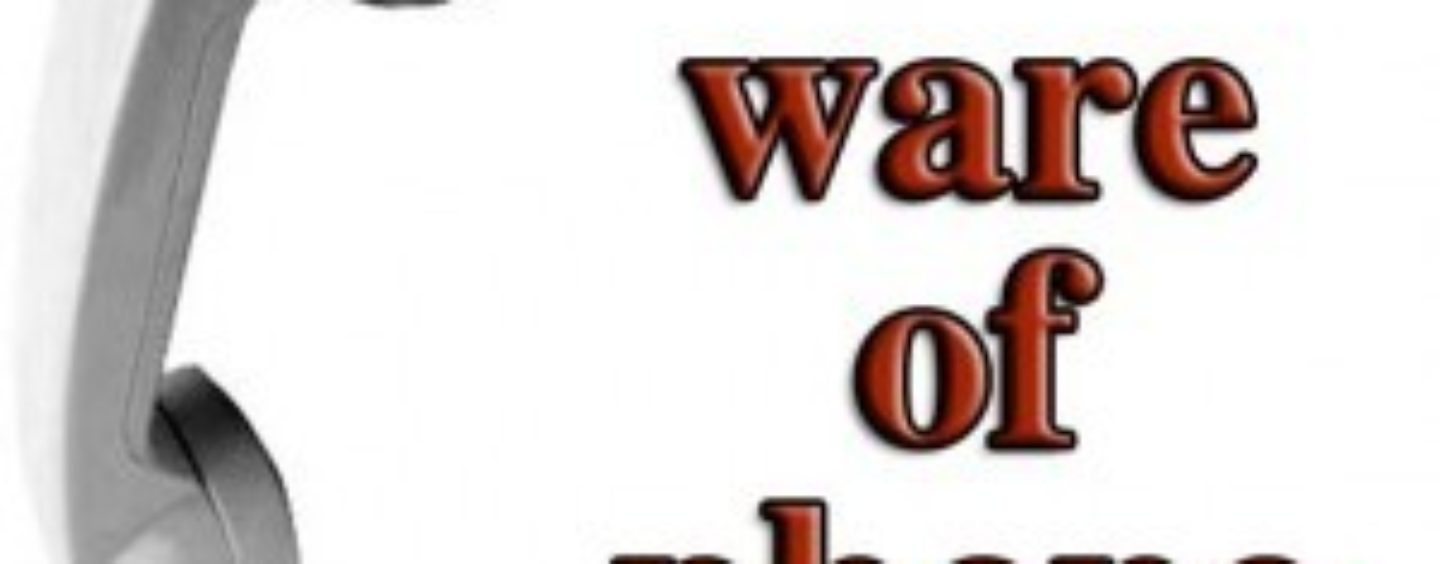Often times individuals will receive a phone call from an excited caller claiming you just won a nice car, a lavish trip, or a whole lot of money. The next thing you will hear is the request for money to be sent, before you receive the prize. This should send RED FLAGS as a sure sign of a scam.
Recently, we’ve heard about a spike in prize scam calls. Although there are some legitimate contests, remember: there are a lot of scams. Here are a few ways to spot a prize scam:
- Scammers ask you to pay before you can claim your prize. Legitimate sweepstakes don’t make you pay a fee or buy something to enter or improve your chances of winning. Scammers might try to sound official and say it’s for “taxes,” “shipping and handling charges,” or “processing fees.” Don’t pay to claim a prize, and never give your checking or credit card number for a sweepstakes promotion.
- Scammers ask you to wire money to “insure” delivery of your prize. Don’t do it. Legitimate sweepstakes don’t ask you to wire money. Once you wire money, you can’t get it back. The same goes for sending a check or money order by overnight delivery or putting money on a prepaid debit card.
- Scammers send you a check and ask you to send some of the money back. But the check is fake, and you’re responsible for repaying the bank.
- Scammers use the names of well-known companies for prize scams. Con artists often pretend to call from well-known companies to make themselves appear legitimate and gain your trust. If you don’t remember entering, you probably didn’t. If you think it may be legit, use a search engine to find the company’s real phone number. Call to confirm that you entered a contest before responding to any claims that you won.
If you’re suspicious of a prize offer, report it to the FTC.
Are you a victim of fraud or money scam? Share your story with us on the Money Credit and You Facebook page!
Original article published on FTC.gov.






